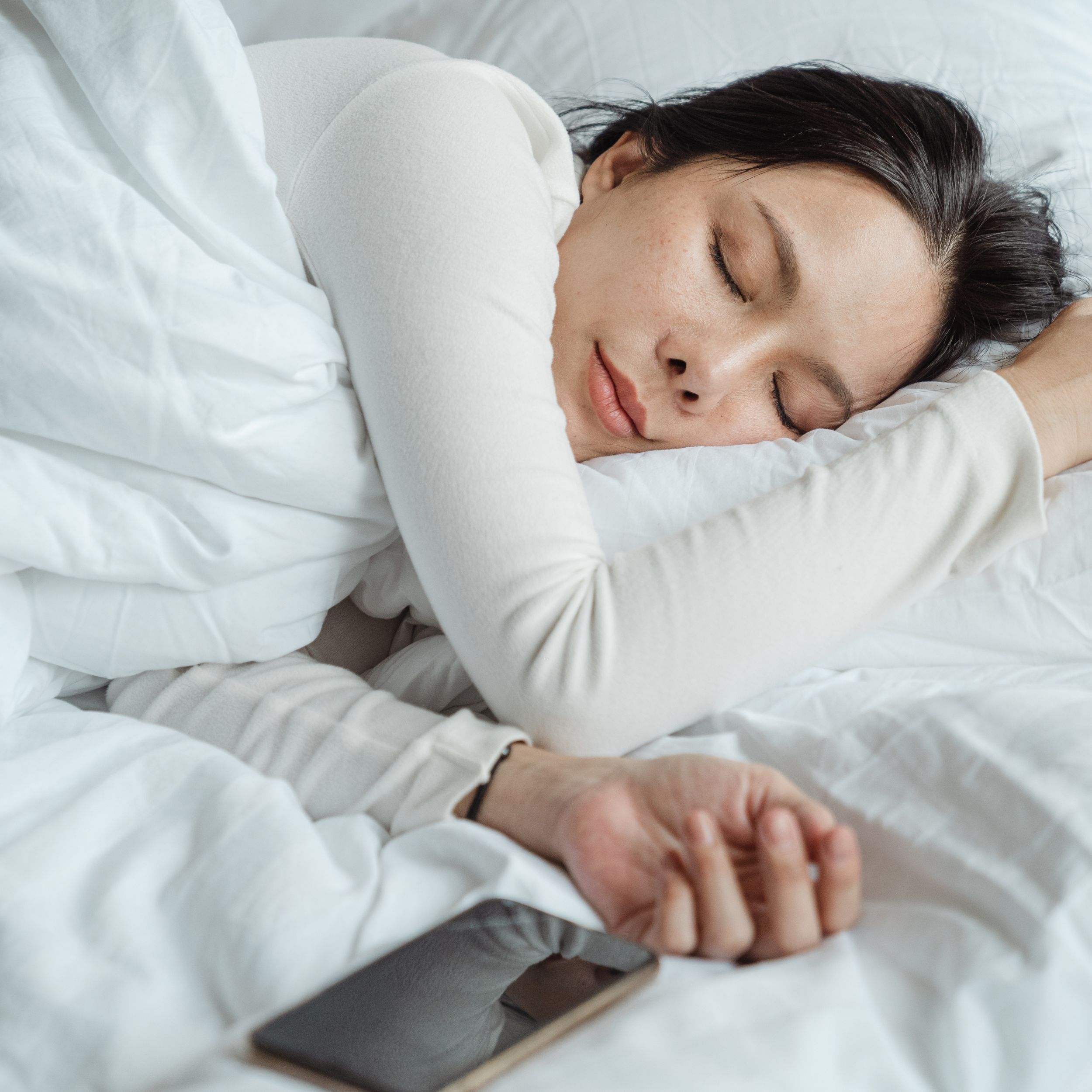Sleep is an essential part of our lives, yet it’s often overlooked or taken for granted. In our fast-paced, modern world, the importance of a good night’s sleep cannot be overstated. Getting the right amount of sleep is paramount for our physical and mental well-being, as it allows our bodies to repair, regenerate, and recharge. If you find yourself sleep deprived on a regular basis or feel sluggish and just not a “peppy” as usual, sleep could be your culprit.
Let’s look at three components of sleep:
Why you need quality sleep
How to sleep better
What you do during that day matters
4 REASONS WHY YOU NEED QUALITY SLEEP
Improved Cognitive Function
Sleep plays a vital role in memory consolidation, learning, problem-solving, and decision-making. A good night’s sleep enhances focus, productivity, and creativity.
Emotional Well-being
Sleep deprivation can lead to mood swings, irritability, anxiety, and even depression. On the other hand, quality sleep helps regulate emotions and promotes a sense of calm and balance.
Physical Health
During sleep, our bodies undergo essential repair processes that contribute to muscle growth, tissue regeneration, and immune system function. Adequate sleep also helps maintain a healthy weight by regulating hunger hormones and increasing metabolism.
Reduced Risk of Chronic Conditions: Studies have shown that consistent, quality sleep can reduce the risk of developing chronic health conditions such as heart disease, diabetes, and stroke.
7 STEPS HOW TO IMPROVE YOUR SNOOZE
To reap the numerous benefits of quality sleep, consider incorporating these habits into your daily routine:
1. Create Your Sleep Schedule
Going to bed and waking up at the same time every day helps regulate your body’s internal clock, making it easier to fall asleep and wake feeling refreshed. It’s important to try and stick to your sleep schedule 7 days a week. **One of the cornerstones of better sleep is maintaining a consistent sleep schedule. Aim to go to bed and wake up at the same time every day, even on weekends. This helps regulate your body’s internal clock, making it easier to fall asleep and wake up feeling refreshed.
2. Optimize Your Sleep Environment: Invest in Quality Bedding
Investing in a comfortable mattress and pillow ….., and consider using blackout curtains or a white noise machine.**A comfortable and calming sleep environment is crucial for quality rest. Ensure your bedroom is cool, dark, and quiet. Invest in a supportive mattress and pillows, use blackout curtains or an eye mask to block out light, and consider a white noise machine or earplugs to minimize noise disruptions.
3. Limit Screen time Before Bed
The blue light emitted by smartphones, tablets, and computers can disrupt the production of melatonin, the hormone responsible for regulating sleep. Try to avoid screens at least an hour before bedtime.
4. Minimize Noise
Using a fan or white noise machine….earplugs
5. Set the Perfect Temperature
Adjusting the thermostat 65-72 Fahrenheit is a good range. Not too hot, not too cold. Each person has their ideal temp…but a good range to follow is with a cool dark environment.
6. Create a Relaxing Bedtime Routine
Incorporate Relaxation Techniques: Engage in relaxation techniques such as deep breathing exercises, meditation, or gentle stretching before bed to help calm the mind and prepare the body for sleep. **Develop a bedtime routine that signals your body it’s time to wind down. Consider activities such as reading a book, taking a warm bath, practicing gentle yoga, or engaging in relaxation techniques like deep breathing exercises or meditation.
7. Get At least the Minimum Amount of Sleep Needed for your Age:
Many factors can affect how many hours of sleep you need. Quality of sleep, if interrupted frequently can affect …..Pregnancy with changes in hormone levels and physical discomfort, & older adults need the same as younger…but the pattern may change. Older adults may wake up more frequently during the night. In general, adults regularly getting less than seven hours of sleep a night has been linked with poor health. Guideline for Recommended amount of sleep by age(24hr.):
Guideline for Recommended amount of sleep by age (24hr):
- 3-5 years: 10-13 hours
- 6-12 years: 9-12 hours
- 13-18 years: 8-10 hours
- Adults: 7+hours a night
WHAT YOU DO DURING THE DAY MATTERS
Be Mindful of Food and Drink
What you eat and drink can impact your sleep quality. Avoid late night dinners within a few hours before bed. In addition, spicy or heavy foods close to bedtime can cause irritation and disrupt sleep. Limit caffeine and alcohol consumption, as they can interfere with your sleep cycle.
Get Regular Exercise
Regular exercise can help you fall asleep faster and enjoy more REM sleep. It is recommended to incorporate at least 20 min a day in the morning or afternoon, and to avoid vigorous exercise close to bedtime which can make it harder to fall asleep. **light stretching or leisurely walks in the evening.
Manage Stress & Anxiety
Stress and anxiety can significantly affect your sleep quality. Implement stress-reduction techniques such as mindfulness meditation, progressive muscle relaxation, or journaling to help calm your mind and improve your sleep.
Get Plenty of Natural Light
Our body’s internal clock is regulated by light exposure…Get outside and fresh air….light in house or red light….
20 Min Nap Rule
It’s best to rest for the night. However, If you need a nap during the day make sure it’s the early part of the day and no more than 20 min.
Connect with local health consultants in your area.



